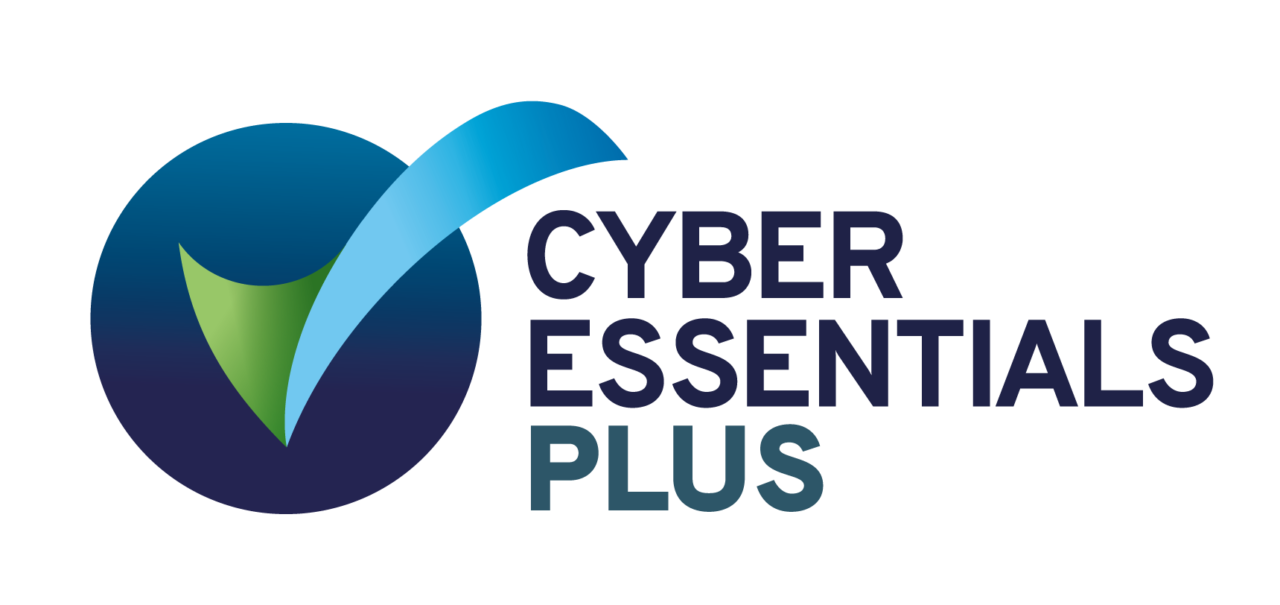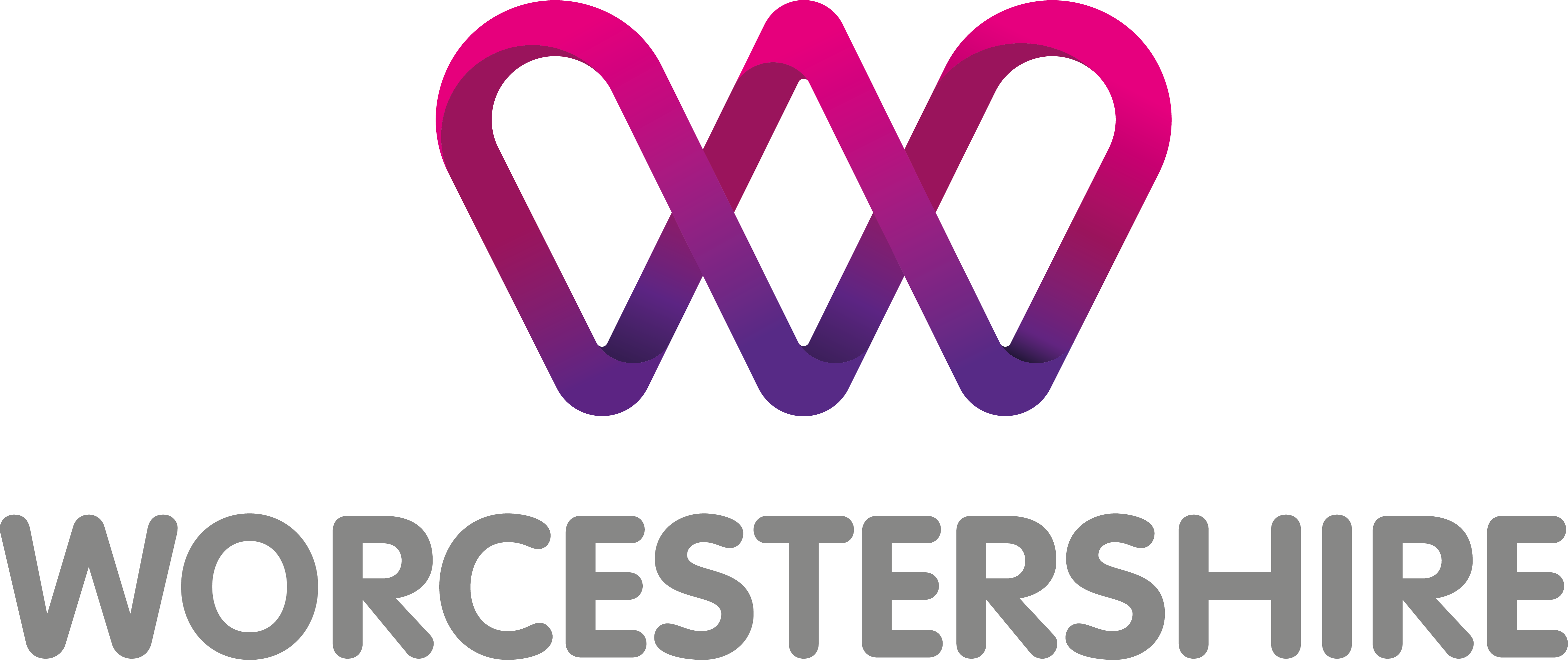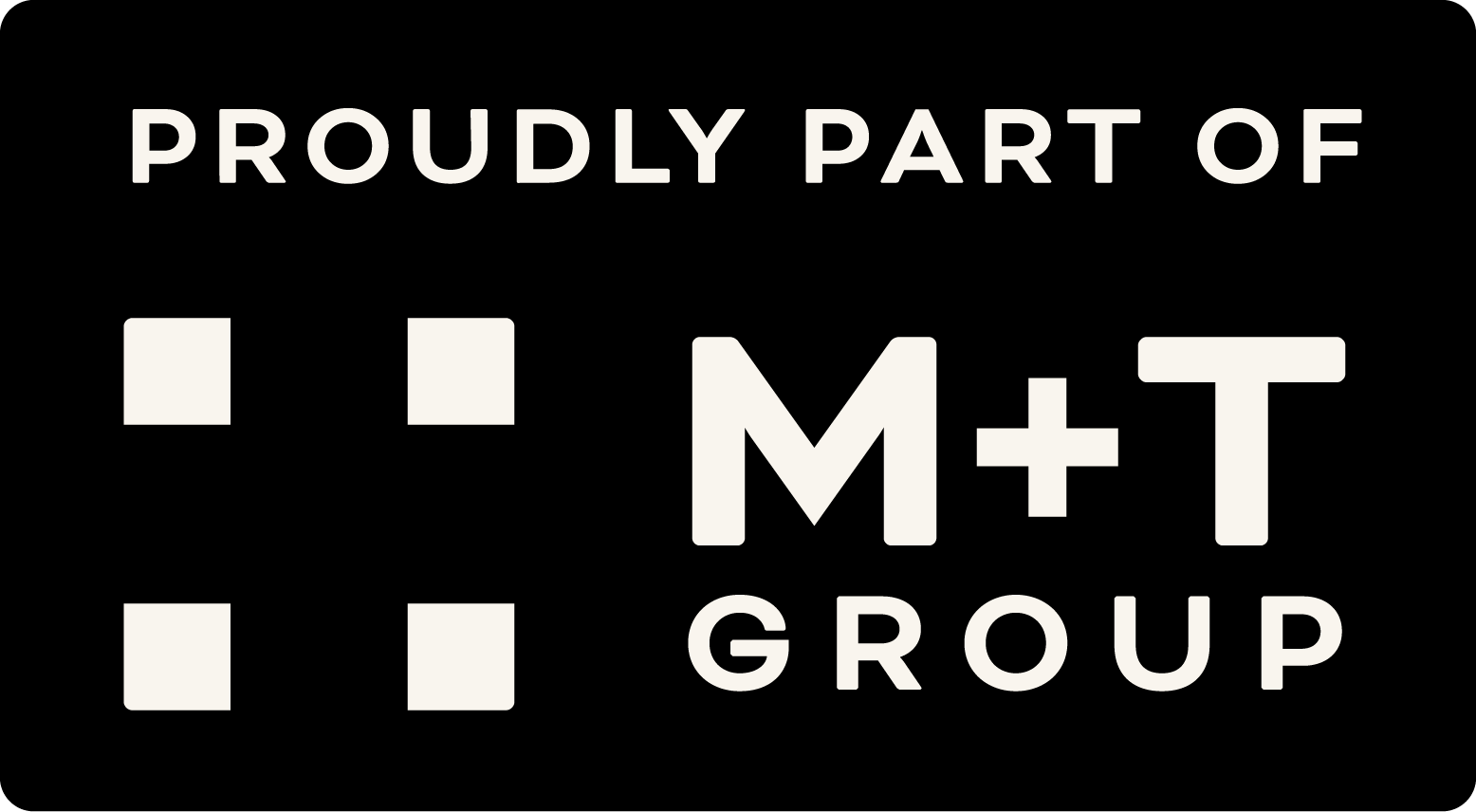Artificial Intelligence (AI) is becoming an increasing part of our everyday lives and while many of us have seen the benefits, some still remain sceptical.
Machines that don't require frequent breaks, that can repeat tasks 24/7 with incredible accuracy, even in hazardous conditions, have brought access to cheaper products and services for cost-conscious consumers.
Self-driving cars, chatbots and robot surgeons look to be the future, bringing many advantages and change, but what’s the impact for the translation industry?
Machine translation is well known; many of us will have used its simplest and most common form, Google Translate. Anyone with any formal linguistic education however will be quick to confirm that its capabilities are limited. While ideal for getting the gist of something for a non-commercial purpose, the level of accuracy achieved, particularly for marketing texts, is not sufficient for professional purposes.
What may not be so well known is the rise of machine translation in the professional translation world. Documents can now be automatically translated by software that can, in some cases, be “trained” with relevant terminology glossaries. There may also be an additional stage where a human linguist checks the automated translation output before delivery to the customer. The client benefits, since the cost of the translation is significantly reduced as the majority of human effort is removed.
But what are the consequences of this development, both for translation customers and for linguists?
For customers, there is certainly a probable cost saving and the benefit of shorter lead-times, but this needs to be balanced with the potential reduction in quality. Machine translation is definitely improving, but is still a long way from perfect. Indeed, to get the best from this kind of system you need to have a very large project and involve humans in the training of the translation engine to make the end product fit for its limited purpose.
The issues arise because, with so many words in every language and many different meanings depending on context, it is impossible for a computer program to understand correctly, especially in complex documents.
Humans, on the other hand, are able to understand language in depth because we appreciate emotions, non-verbal communication, humour and culture, which all have an effect on the context of language as it is used.
In addition, if you are trying to translate an important marketing message to launch a product in a new country, you won’t receive feedback or collaboration from the machine translation software on the best way to translate your message. By working with a human linguist, you’ll get the benefit of their experience in the market, cultural awareness and creative flair to create marketing messages that really make a difference.
The words you use are part of your brand, and equally as important as the products and services you sell. Relying on translation systems that don’t have the capacity to accurately reflect your values and identity could have a significant detrimental effect.
Each country has its own culture which in turn has its own values and norms, influencing the way people communicate. Without having experienced this, it is impossible to know which values and norms to be sensitive to when communicating. Machine translation cannot be expected to take this into account, which could cause problems by delivering the wrong message or even worse, unintended offence.
At present, Google can only translate 105 languages. As such, Google Translate and other similar services are just not able to support the translation needs of global business. Currently, experts estimate around 1,000 languages are of significant global economic importance, meaning that machine translation still has a lot to learn.
So, what benefits do human linguists bring to the table and why should we support them?
First, let’s look at a professional translator’s background. How do they build up the experience you need?
Against the odds, with the number of languages offered in education dropping, a professional translator will usually have discovered their love of languages in a school setting before taking it further to university. After a 4 year undergraduate course, involving a year spent studying or working abroad, our budding translator may then move on to take a Master’s degree in specialist translation studies, before working in a junior position where their work can be supervised and mentored. Constant CPD supports the necessary expertise in their chosen specialist areas, alongside regular trips abroad to refresh their linguistic talents first-hand.
Sometimes great linguists have a different background – bilingual from an early age they may qualify in a different field, for example engineering or law, and work in that industry before making a career change to translation. These particular linguists have a natural flair for translation and often bring extensive, high level subject expertise to their new profession.
The biggest reason machine translation will never fully replace human translation - at least not for a very, very long time - is that not even the average bilingual person can do the job of a professional translator. For most translation projects, much more goes into the art of translation than simply the knowledge of two languages.
Translators are not simple dictionaries producing direct, literal translations. Translators formulate entirely new ways to say things, drawing on years of experience, not only from their linguistic backgrounds, but also from their cultural, historic, and personal knowledge as well. They may use translation tools (not machine translation) to make their processes more efficient, but the art of translation remains a human challenge.
How do our linguists fit into the customer journey here at MTT?
Our external and internal linguists work closely with our project managers at each stage of the translation process, right from the quoting stage, to make sure we create a realistic proposal for the work requested, produce the best possible translation to your deadline and create approved terminology lists/CAT memories that can be used for future work.
Is there no room for machine translation at all?
Far from it – we recognise that machine translation has an increasingly important role to play and offer this service where appropriate. For example, if you have a large website of several hundred thousand words, then there is an obvious case for machine translation to assist with an otherwise daunting task, which would not be cost-effective using traditional translation methods.
Machine translation output should however be limited to less important pages, leaving professional human linguists to translate the main welcome pages such as Home, Contact Us or About Us. We would always recommend training your machine translation engine (using human professionals) to ensure sector or company-specific terminology is used and the machine output is made more readable.
At MTT we specialise in technical, marketing and legal translations - so just as you wouldn’t go to a doctor if you needed a filling, but would make an appointment with a specialist, your dentist, we’re the right choice for engineering businesses looking to translate their technical and marketing materials using professional human linguists.
When you receive a range of quotations for translation of a document, take a moment to look a little deeper into what you are paying for and who will do the work for you. Are you buying simply on price, where the linguists are poorly paid and have little relevant experience, or do you have the same values as your supplier and want to support passionate professionals with experience in providing a quality service? It might cost a little more, but you get what you pay for.
Get in touch with the MTT team now on 01562 748778 or [email protected] to see how our human translation services can help you make the right impression with your target audiences.
















